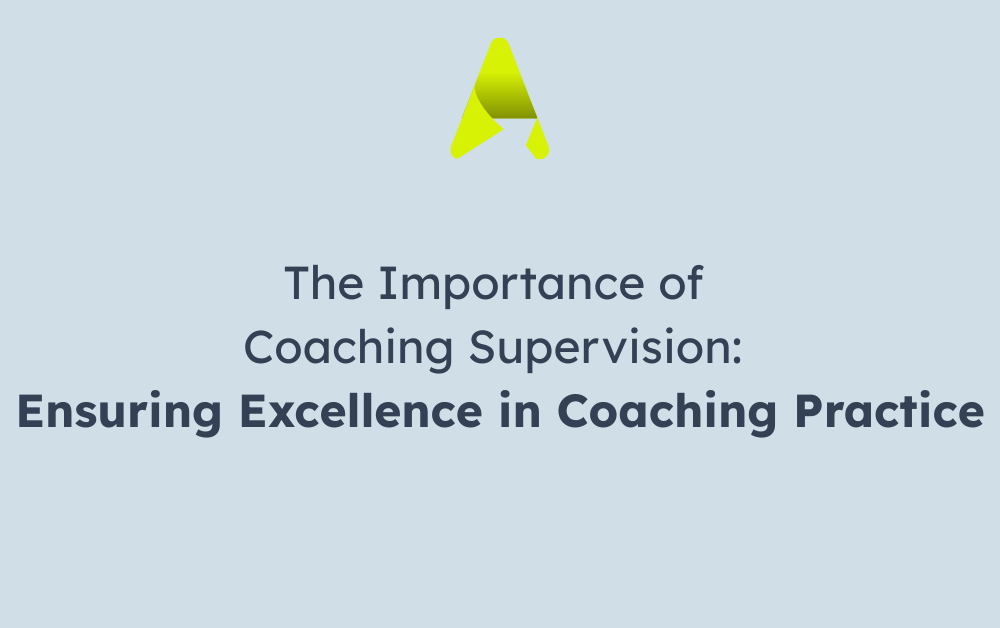We are entering one of the most unstable and transformative periods in modern history. From geopolitical unrest and energy insecurity to market volatility and accelerating technological change, every pillar of economic certainty is shifting. Few business leaders doubt that the next decade will challenge our assumptions on almost every front – including how we work, whom we employ, and what roles will even exist.
In this environment, AI has become the headline threat. But it is not the most immediate danger facing UK businesses. The real risk is political. It’s not generative. It’s legislative. And it’s arriving under the banner of a better deal for workers.
Angela Rayner’s proposed Labour employment bill is being positioned as a bold, progressive shift towards fairness and workers’ rights. That framing is seductive but dangerously incomplete. Because in the boardrooms where long-term workforce decisions are being made, the story is very different. This bill, if passed in its current form, risks accelerating the very insecurity it claims to solve.
It threatens to create not just short-term friction, but long-term damage – to job creation, competitiveness, investment, and trust between employers and employees.
This is not just a concern for HR or legal teams. It is a governance issue. And it demands urgent scrutiny from boards.
Automation Isn’t Coming – It’s Already Here
In the last month alone, I’ve spoken with CEOs, founders, and NEDs who are already acting on the opportunities presented by automation and AI. From financial services to retail, from logistics to professional services, the mood is consistent: we’re past the pilot phase. AI isn’t coming, it’s being deployed.
Workflows are being redesigned. Entry-level and junior roles are being replaced. And organisations are adjusting their workforce strategies accordingly.
Importantly, these are not slash-and-burn decisions driven by short-term profit. These are strategic moves grounded in survival, efficiency, and scale. In many sectors, keeping humans in the loop is becoming a luxury. And the jobs disappearing today are unlikely to return.
What business leaders are looking for now is flexibility – the ability to reconfigure quickly, scale with confidence, and experiment with new models of delivery. Instead, this bill offers them fear, friction, and legal ambiguity.
The Myth of Protection
The rhetoric around the bill frames it as a protective measure – a way to give workers greater security, predictability, and voice. But protection, in this context, risks becoming a myth. Because a job not created cannot be protected. And a role made redundant by automation cannot be safeguarded by statute.
The reality is this: if the cost and complexity of hiring increases, fewer people will be hired. If the process of parting ways with underperformers becomes more bureaucratic, fewer risks will be taken. If the burden of compliance becomes a deterrent to growth, companies will stay small – or shift investment elsewhere.
This is not ideology. It is a predictable, rational response to pressure.
Why Boards Are Quietly Bracing
In public, many organisations are treading carefully. No board wants to be seen as anti-worker or aligned with anti-labour sentiment. But behind closed doors, many are already recalibrating.
Some are freezing hiring altogether for junior roles. Others are investing in technology not to supplement headcount, but to replace it. In sectors where margins are tight, automation isn’t optional – it’s essential.
If this bill passes as it currently stands, these trends will only accelerate. In boardrooms around the UK, the mood is not angry, it’s cautious. And that caution has consequences.
We are moving towards a scenario where the costs of employment are rising, the return on employment is shrinking, and the risk exposure for employers is growing. In that scenario, there is only one logical outcome: fewer jobs.
The False Choice: Workers vs Employers
Rayner’s framing of the issue implies a false choice – that in order to support workers, we must constrain employers. That labour can only gain if management loses. That rights must be enforced through legal constraint, rather than enabled through mutual trust and shared value.
But high-performing organisations don’t thrive by minimising the power of their workforce. They thrive when they unlock it. And the best protections for workers are not legal contracts. They are healthy cultures, fair practices, and sustainable business models.
The risk with this bill is that it hard-codes suspicion into the system. It assumes the worst -that employers will only do right when compelled. That productivity must be policed. That flexibility is a euphemism for exploitation.
In reality, this kind of rigidity will hurt not just employers, but the very workers the policy claims to defend. Especially those in sectors undergoing rapid transformation.
Five Real-World Implications for UK Boards
If this bill proceeds unamended, boards will need to prepare for significant governance consequences. Here are just five areas where the impact will be most pronounced:
1. Workforce Planning Will Slow Down
Every hiring decision will carry more risk. Boards will become more cautious. Talent acquisition strategies will be frozen or restructured. Expect longer recruitment cycles, narrower candidate pools, and more focus on external contracting rather than permanent hires.
2. Automation Investment Will Increase
Ironically, the bill may trigger a wave of automation investment, not to drive innovation, but to reduce legal exposure. Where uncertainty exists, software becomes the default solution.
3. Entry-Level Talent Will Be Squeezed
Young people, career-changers, and lower-skilled workers will face the brunt of this shift. With fewer low-risk pathways into employment, upward mobility will suffer. That is not progressive – it’s regressive.
4. Litigation Risk Will Rise
Boards will face higher scrutiny over dismissal processes, pay equity, remote working policies, and contract terms. Legal exposure will grow. Expect a rise in disputes, grievances, and reputational risks.
5. Board Independence Will Be Tested
For NEDs, this bill represents a governance stress test. Independence is not just about oversight, it’s about foresight. Board members will need to challenge assumptions, scrutinise workforce strategies, and assess the long-term impact of compliance on resilience.
This Is a Governance Moment
Boards are often at their best in a crisis – asking the right questions, seeking balance, and protecting the long-term interests of the organisation and its people. This is one of those moments.
Because this is not just a policy debate. It is a turning point in how we define work, risk, responsibility, and leadership in a radically changing world.
As Non-Executive Directors, we are not elected to make law. But we are expected to sense what’s coming, to anticipate unintended consequences, and to protect the sustainability of the organisations we serve.
Now is the time to speak up, not out of political loyalty, but out of stewardship duty.
What We Need Instead: Intelligent Reform
But we need legislation that reflects the future of work, not the industrial disputes of the past. We need policy that enables growth, innovation, and inclusion – not one that creates legal paralysis and economic fear.
Intelligent reform would:
None of that is incompatible with workers’ rights. On the contrary, it is essential to realising them in a digital economy.
The Crisis Won’t Be in the Commons
If Rayner’s bill passes in its current form, the real crisis won’t unfold in Parliament. It will unfold in high streets, business parks, and warehouses across the country.
It will appear not as headlines, but as silence – the job not advertised, the contract not renewed, the opportunity not extended. And by the time we measure the damage, it will be too late to reverse.
This is not inevitable. But it is imminent.
We can still make the case for reform that supports both workers and employers. We can still design a labour market that prizes flexibility, innovation, and fairness. But we cannot do that by legislating fear into the very fabric of work.
Now is the time for boards to act – with clarity, with unity, and with courage.



